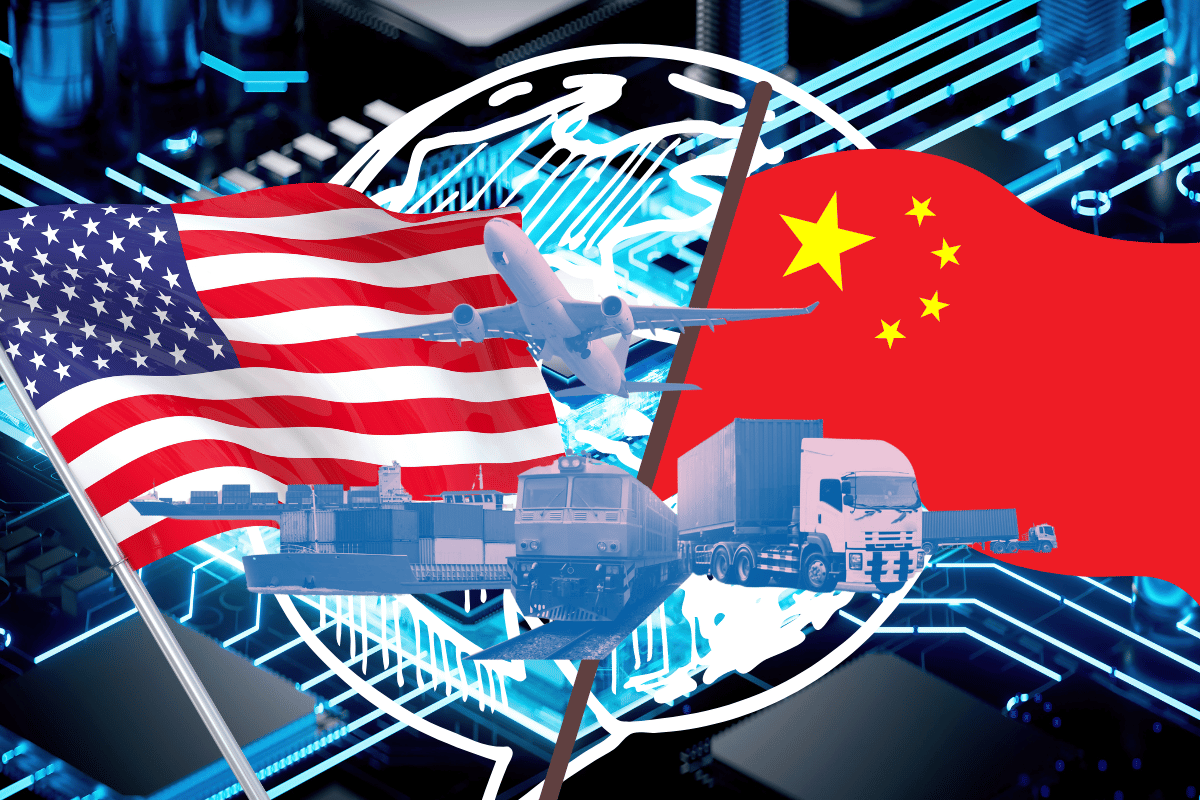


The U.S. is considering measures to strengthen its defenses against developments in artificial intelligence technology made by China and Russia, with a specific focus on limiting access to advanced AI models like those used in platforms such as ChatGPT.
Insider sources cited by Reuters revealed that the Biden administration is considering implementing restrictions on exporting proprietary or closed-source AI models, which are essential elements of AI systems, due to increasing national security concerns.
In response to competitive pressures in the AI sector, the U.S. Commerce Department is considering regulatory actions to limit the export of advanced AI models, which feature closely protected underlying software and training data.
This move represents an escalation of the U.S. government’s efforts to counteract China’s rapid advancements in AI technology, building on earlier actions that restricted the export of advanced AI chips to Beijing.
The Chinese Embassy has described the move as a “typical act of economic coercion and unilateral bullying, which China firmly opposes,” adding that it would take “necessary measures” to protect its interests.
It comes as the administration withdrew export licenses from Intel and Qualcomm, preventing them from supplying specific goods to Huawei, as Washington intensifies its pressure on the Chinese telecoms manufacturer.
The suggested export controls are seen as a defensive strategy against potential misuse by adversarial nations, specifically China, North Korea, Russia, and Iran.
In October, U.S. President Joe Biden issued a landmark Executive Order “to ensure that America leads the way in seizing the promise and managing the risks of artificial intelligence (AI).”
The order established new standards for AI safety and security, in a bid to protect privacy. This included requiring developers of the most powerful AI systems to share their safety test results and other critical information with the U.S. government. In addition, the administration called for the development of standards, tools, and tests to help ensure that AI systems are safe, secure, and trustworthy.
Based on the order, sources indicated that to establish export controls on AI models, the U.S. might adopt a benchmark tied to the computing power required to train a model. Once this threshold is met, developers are required to report their AI model development plans and submit test results to the Commerce Department.
According to the officials and another source familiar with the discussions, the threshold of computing power could determine which AI models would fall under export restrictions.
Featured image: Canva